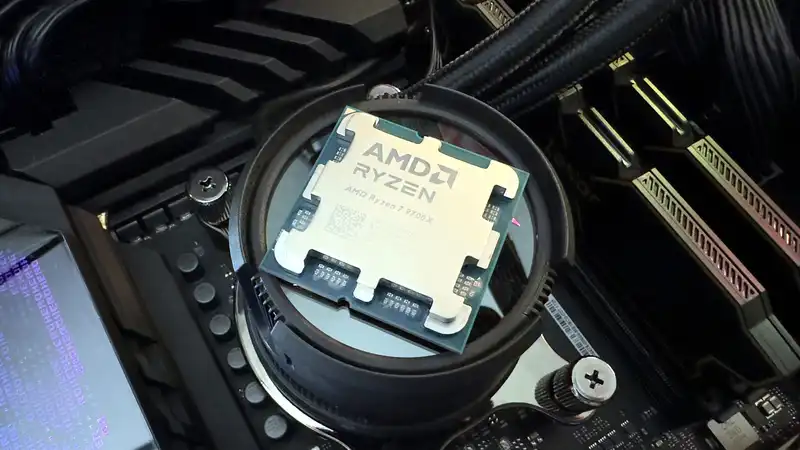The bad news continues for Intel. The latest figures released by Mercury Research show that AMD is taking year over year market share from Intel in both desktop and notebook PCs. Oh, and servers. Ouch.
Mercury's numbers show that Intel is up overall in total market share for x86 chips. But that's the result of a drop in sales of AMD's SoCs, especially chips in gaming consoles; Microsoft's Xbox console sales have taken a big hit recently, though Mercury doesn't break that down. So much of the pain will likely come from that.
A decline in AMD's console sales is almost inevitable given the cyclical nature of gaming consoles and the fact that the current generation of consoles is closer to the end than the beginning.
Specifically, AMD's desktop x86 CPU share in Q2 2024 grew to 23% from 19.4% in Q2 2024; since Intel and AMD are the only players in the x86 CPU market, AMD's gains are Intel's losses, the latter from 80.6% to 77%. The drop was due to. [In notebooks, AMD rose to 20.3% in the latest quarter from 16.5% in the same period last year. Finally, in servers, AMD improved from 18.6% to 24.1%, again from Q2 2023 to Q2 2024.
Comparing this latest quarter to Q1 2024, the situation is a bit more complicated, as AMD saw a very slight increase in servers and laptops and a slight decrease in desktops. However, the overall trend line is clear enough.
Incidentally, one might wonder how Arm chips fit into all this, but according to Mercury, sales of PCs with Arm CPUs are actually declining. This may sound odd given all the hoopla about Qualcomm's new Snapdragon X chip, but apparently Chromebook sales are also down, and Q2 2024 is too soon for Snap' X laptop volumes to start growing.
In other words, we will have to see how much traction Qualcomm gains in the market in the coming quarters, thanks in part to its first CPU offering that complies with Microsoft's Copilot+ AI standard.
In any case, it is worth noting that even if the overall picture does not look good for Intel, it still maintains absolute dominance with the majority of market share in three segments: desktops, laptops, and servers.
Thus, suggestions that Intel's demise is imminent are surely exaggerated. Intel remains by far the largest player in the PC processor segment.


Comments